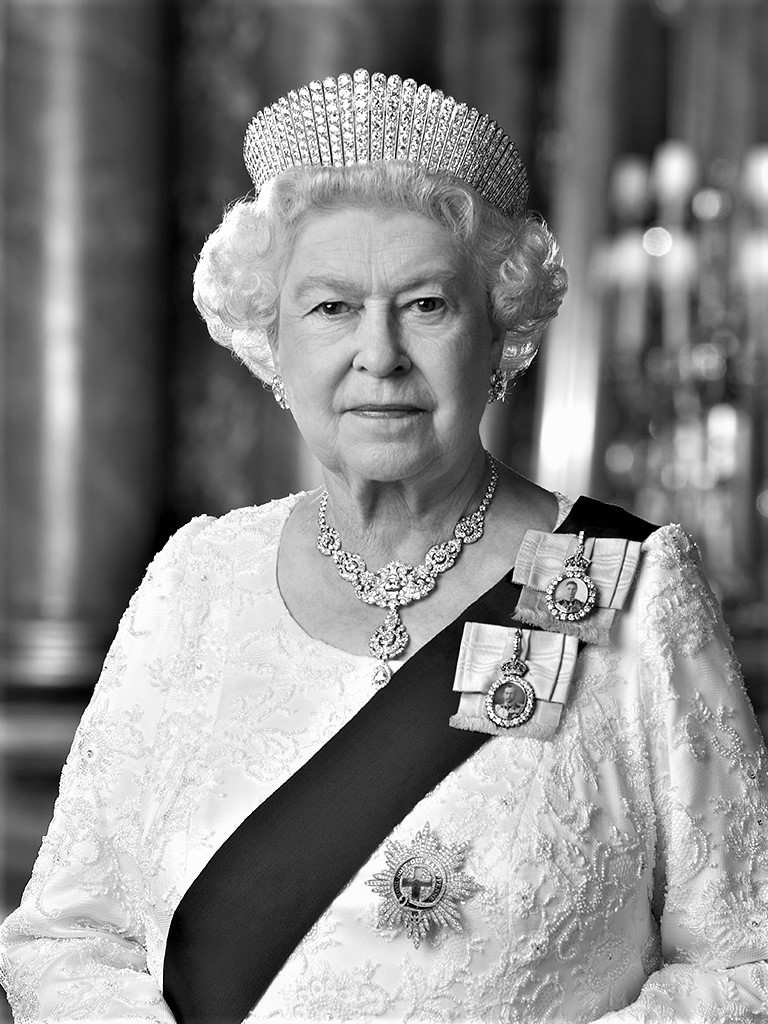Conditions
We work in conjunction with the other Neurosurgical Departments in Scotland as part of a Managed Service Network and sometimes patients may come to our Department from other areas of Scotland, or we may transfer patients from Dundee to the other Scottish Departments in Edinburgh, Glasgow, and Aberdeen.
Brain Haemorrhage
We also treat patients with abnormalities of the spinal blood vessels or bleeding around the spine. If your condition is best treated by an interventional neuroradiologist, we will arrange a transfer to either the Department of Clinical Neuroscience at the Western General Hospital in Edinburgh or the Institute of Neurological Sciences at the Southern General Hospital in Glasgow. Patients who are treated in Glasgow or Edinburgh are usually transferred back to the Department of Neurosurgery at Ninewells Hospital for ongoing care.
Further information available:
Brain or Spinal Tumours
The Department of Neurosurgery cares for patients who are found to have tumours of the brain or the spinal cord. Tumours developing from the nervous system may be benign or may have spread from elsewhere. For more information about brain tumours in general see the NHS Choices website.
All patients are individually discussed within a multidisciplinary forum, to include the oncology team, Consultant Neurosurgeons, Neurology Team and options for treatments such as surgery, chemotherapy or radiotherapy are considered.
If you are diagnosed with a brain or spinal tumour, the Neurosurgical Department at Ninewells Hospital will be involved in your care from the moment you are referred to our service. The care will continue through your admission, further investigations, surgical biopsy or surgical removal of the tumour, until the diagnosis of the tumour type.
Where required, rehabilitation, support and on going care will be arranged in conjunction with the physiotherapy, occupational therapy, Neuropsychology, speech and language therapist, nurse specialist, ward medical and nursing teams.
Once a diagnosis is confirmed, you will be called back to discuss the results with your Consultant, however this process can often take up to two weeks. In the meantime, if you are assessed as well enough, you will be allowed home. However, your care is still supported by Ward 23B during this period of time, should your condition deteriorate or change, please contact the ward for information or assistance. Your on-going follow up care, referral and intervention will be initiated on the basis of the tumour diagnosis.
Cancer Research UK, Macmillan or the Maggie's Centre in Dundee (01382 632999) can all provide advice and support for patients with tumours. The Brain Tumour Support Network meet monthly, every secpnd Wednesday from 3.30 to 5.00 pm, but please discuss your own situation with your oncologist or neurosurgeon.
We also work with our colleagues in Endocrinology for patients who are diagnosed with pituitary gland tumours or conditions, especially where surgical intervention is indicated. A Nasal Care Patient Information Leaflet is available to give you advice about how to rinse your nose.
Further information available:
- British Skull Base Society Vestibular Schwannoma)
- Vestibular Schwannoma (Acoustic Neuroma) Patient Information Leaflet(BSBS)
- Skull Base Meningioma Patient Information (BSBS)
- Brain Tumour Action
- Brain Tumour Information and Support Macmillan
- Brain Tumour Support (local Facebook group)
- Brain Tumour Support Network (Facebook Group)
- Craniotomy Information
- Subdural Haematoma
- Image guided craniotomy and brainbox
- Glioblastoma
- Oligodendroglioma
- Astrocytoma
- DVLA Driving Rules
- Maggie's Centre Dundee
- Post Pituitary Surgery Information
- Pituitary Support
- Pituitary Surgery (graphic scenes)
- Spinal Tumour
- My mum has a brain tumour
- Dundee Cancer Journey
Cervical (Neck Problems)
You may be referred to neurosurgery if you have neck pain that radiates to you shoulders, arms and hands, one side or both. When seen in clinic, if your symptoms are progressive, you will require an MRI for confirmation which will be arranged by a member of the neurosurgical team following your assessment . Once a diagnosis is made you will be further reviewed in clinic for discussion of results and treatment plan.
Neck Fractures
Patients who have accidentally broken the neck bones, or slipped the position of the bones in your neck, may require you to wear a collar to help reduce the movement in your neck while the bones heal or re-align. Your care will and monitoring will be undertaken by the neurosurgical department and include a series of x-rays and a follow up CT scan to follow your progress of healing. Your specific needs will be discussed with you along with your consultant team.
Cervical Spine Tumour
If you are diagnosed with a tumour in the cervical spine, your treatment will depend upon many factors and likely include referral to the neurosurgical service. If there is an option for surgical intervention, this will be discussed with you and the neurosurgical team.
Cervical Spine Injury
Patients with serious neck injuries will be discussed with our colleagues at the Queen Elizabeth National Spine Injuries Unit, Glasgow. As a result of discussions, it may be necessary to transfer you to the national spinal injury unit for surgery or rehabilitation. Click this link for the Living With Spinal Injury Booklet, published by the Glasgow Spinal Injury Unit.
Cervical Myelopathy
You may be referred to the neurosurgical department if you have been diagnosed with cervical myelopathy. Your plan of care and management will be discussed with you neurosurgical consultant team.
Further information available:
Head Injury
We provide immediate and follow up care for patients who have sustained a traumatic brain injury. We care for patients who may or may not need an operation.
Patients from the Dundee area may be transferred to the Centre for Brain Injury Rehabilitation for their ongoing rehabilitation.
Patients from other areas may be discharged to their local rehabilitation centre.
Further information available:
Hydrocephalus
Further information available:
Lumbar and Thoracic Spine Conditions
Lumbar/Thoracic Spine Injury
Lumbar or thoracic spine injuries resulting in fracture without nerve involvement, may be referred to the neurosurgical department. Treatment and management will depend on the type of fracture and discussion with your neurosurgical team. Serious lumbar and thoracic spinal injury will be discussed with our colleagues at the Queen Elizabeth National Spinal Injuries Unit, Glasgow. As a result of discussion, it may be necessary to transfer you to the national spinal unit for surgery or rehabilitation.
Lumbar/Thoracic Spine Tumour
If you are diagnosed with tumour in the lumbar or thoracic spine, your treatment will depend upon many factors and likely include referral to the neurosurgical service. If there is an option for surgical intervention, this will be discussed with you and the neurosurgical team.
Further information available:
- Lumbar Laminectomy
- Lumbar Microdiscectomy
- Lumbar disc protrusion
- Lumbar Micro-decompression
- Lumbar Puncture
- Physiotherapy and Lumbar Surgery
- Lumbar Microdiscectomy surgery (graphic operation scenes)
- Lumbar Laminectomy surgery (graphic operation scenes)
- Lumbar fusion surgery
- Spondylosis and spondylisthesis
- caudaequina.org
- Cauda Equina Patient Information Leaflet
Other Procedures and Services
Further information available:

